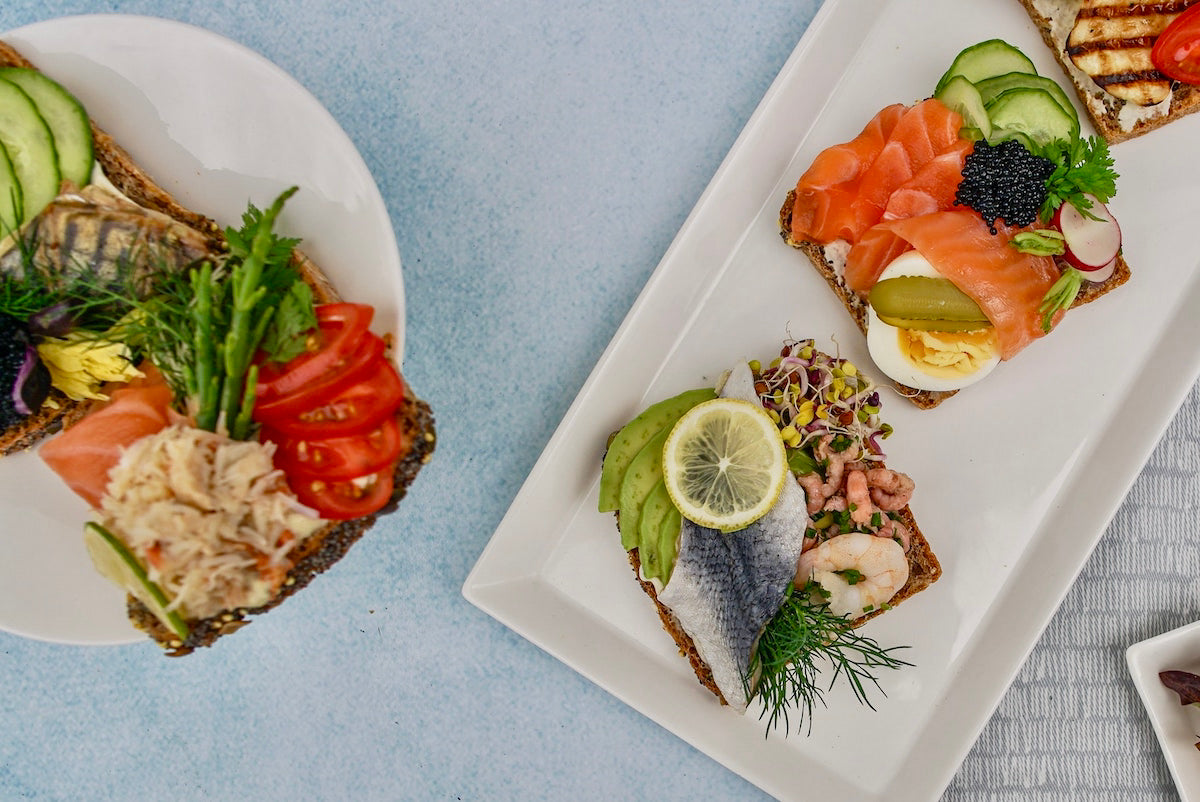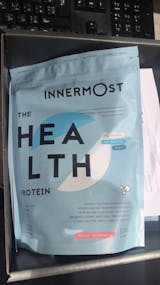When it comes to diets, we’re the first to say that the community is pretty saturated by the latest ‘fad’, trend or diet inspiration, and we’re extremely familiar with the extremities that some of these can go to. So, when it comes to more health-conscious diets such as the Mediterranean diet, and this nifty Nordic diet, we get a little bit excited.
Well, more than a little bit, actually.
According to Women’s Health, losing weight is 80% down to what you eat, and 20% down to how you exercise. So, it goes without saying that your diet is hugely important, and this rings true whether you’re working towards a fitness goal like weight loss or not, too.
What is the Nordic diet?
The diet was ‘created’ back in 2004 by a group of scientists and nutritionists who were aiming to combat the rising issue of obesity around the world.
Obesity wasn’t the only driving factor behind the creation of the Nordic diet, though, as the nutritionists were also inspired by what were commonly described as ‘unsuitable’ and ‘unstable’ farming countries in Northern European countries.
The main difference that sets the Nordic diet apart from its famous counterpart, the Mediterranean diet, is the recommended oil. Whilst the popular Mediterranean diet calls for olive oil, many recipes in the Nordic diet recommend rapeseed oil instead. Also known as canola oil, for any American Innermosters.
As a result, he diet focuses on organic and local food that is commonly found in Nordic countries.
What are ‘Nordic’ countries?
Nordic countries, or areas described as being in ‘Nordic regions’ are a group of countries that are located in Northern Europe. The term is derived from the areas Scandinavian history, deriving from the Scandinavian word ‘Norden’, meaning Northern countries.
Nordic countries include:
- Denmark
- Finland
- Norway
- Iceland
- Sweden
- Greenland
What are the benefits of following a Nordic diet?
There are a range of health and wellness benefits that are linked to following the Nordic diet, with the diet being noted as a great choice for those that suffer with joint pain and arthritis due to the anti-inflammatory benefits of the diet.
Whilst it’s true that the diet can reduce inflammation, that’s not the only benefit that the Nordic diet offers for those that follow it. In fact, the list of benefits is a pretty long one. Things we love to see.
Some of the top benefits of the Nordic diet include:
- Reduced cholesterol levels
- Great for weight loss
- Reduced risk of heart disease
- Eases issues associated with diabetes
- Reduced swelling and inflammation
What can you eat when you are following a Nordic diet?
As we’ve explained, the idea behind the Nordic diet is to eat largely local and organic produce if and when you can.
- Berries
- Root vegetables
- Legumes
- Rye bread
- Fish
- Low-fat dairy
- Peas
- Seeds
- Whole grains
- Fresh fruit
- Seafood
- Carrots
- Free-range eggs
- Cheese
- Beans
- Yoghurt
- Game meats
When it comes to the food-types that are a bit on the rich side that are featured in the above list, it’s best to enjoy these in moderation. It’s also recommended when following the Nordic diet to rarely eat red meats and other animal fats, but if you want a comprehensive list of foods to avoid, guiding you on your Swedish diet journey, check out the below.
As always, we’ve got you covered.
Foods to avoid when following the Nordic diet
Of course, with every diet, there are certain foods that are supposed to be limited and avoided. When it comes to the Nordic diet, these foods are exactly as you’d expect: salty foods, sugary foods, alcohol, processed meats and alcohol.
Examples of these foods include:
- Red meat
- Bacon
- Bread
- Dried pasta
- Soft drinks
Research into the effectiveness of the Nordic diet
On a mission to investigate new kid on the block, the Nordic diet, scientists from the University of Copenhagen examined both blood and urine samples of a group of people aged over 50 that had been identified to suffer from heart disease, and who were at an increased risk of developing diabetes.
Following this sample collection, the group were split in two: one group were asked to follow a Nordic-style diet, and the others were asked to continue with their day-to-day diet and eating habits. The results were clear, and after six months researchers found a range of benefits that correlated with the diet, reducing the risk of blood clots, reducing high blood pressure and assisting in the reduction of heart disease, to name just a few benefits.
Summary
So, what do you think? Will you be following the Nordic diet?
Let us know over on our socials @liveinnermost. We’d love to hear about it. Oh, and if you’re researching a new diet to test out or wanting to go on a bit of a detox, you’d better take a look at The Detox Booster.
You can thank us later.























